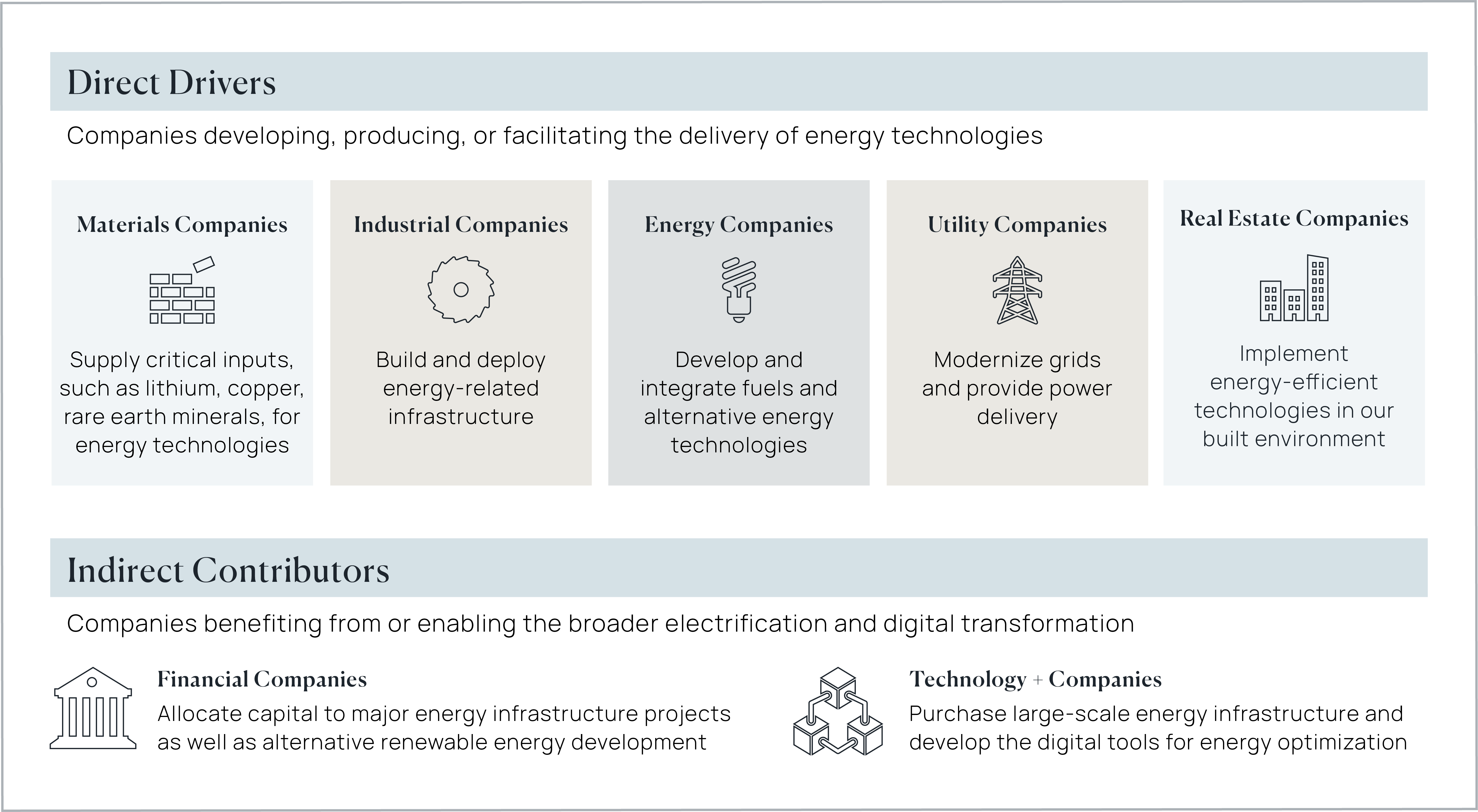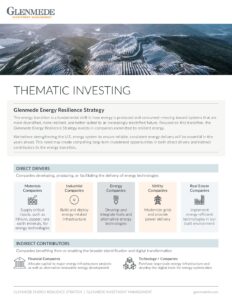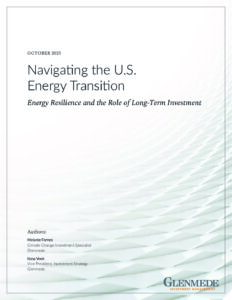The Russell 1000 Index is an unmanaged, market value weighted index, which measures performance of the largest 1,000 companies in the market. One cannot invest directly in an index.
Performance quoted is past performance and is not a guarantee of future results. Products have fees that reduce their performance, indexes do not.
Investors cannot invest directly in an index.
Glenmede Investment Management, LP claims compliance with the Global Investment Performance Standards (GIPS®).
GIPS® is a registered trademark of CFA Institute. CFA Institute does not endorse or promote this organization, nor does it warrant the accuracy or quality of the content contained herein.
Glenmede Investment Management, LP, a registered Investment Advisor, is an affiliate of the Glenmede Trust Company, NA (GTC). The “Firm” is defined as all investment advisory accounts managed by Glenmede Investment Management LP. Effective January 1, 2007, the Investment Product Management Group of GTC became Glenmede Investment Management, LP. All performance prior to January 1, 2007, shown here as the performance of GIM, was previously reported as the performance of the Investment Product Management Group of the Glenmede Trust Company.
All of the composites’ valuations and returns are computed and stated in U.S. Dollars. Net numbers are net of max allowable management fee for this strategy. Additional information regarding the Company’s policies for valuing portfolios, calculating performance and preparing compliant presentations, is available upon request. A GIPS® compliant presentation, as well as a complete list of firm composites and performance, can be requested from GIM Client Service at 215.419.6662. Please see the GIPS® presentation for further explanation.
This website is for informational purposes only and is not a solicitation for any product or service. GIM products are actively managed and their characteristics will vary. All investment has risk, including the risk of loss of principal. There can be no assurance that efforts to manage risk or to achieve any articulated investment objective will be successful. An investor should consider investment objectives, risks, charges and expenses carefully before investing.






